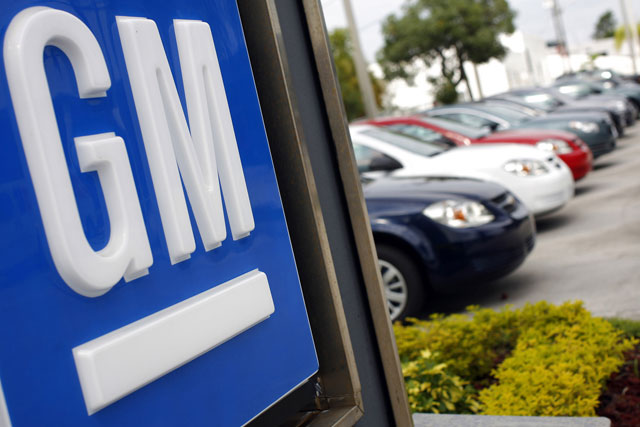As a driver, it can be challenging to compensate for the actions of other motorists on the road. Even when you drive as safely and cautiously as possible, roadway conditions or the acts of other drivers can put you in danger through no fault of your own. By implementing defensive driving whenever you’re behind the wheel, you can act to mitigate the ever-present risk of a collision as much as possible. In this article, we discuss what defensive driving is, how to practice it, and how it can be beneficial to you and your passengers.
What is Defensive Driving?
According to Brady, Brady & Reilly, LLC, car accidents “commonly occur” because of dangerous speeding, distracted drivers, and poor weather conditions. While there is no way for a single person to entirely mitigate all of these risks, defensive driving can help keep you safe. Defensive driving consists of a set of safe and practiced responses to roadway hazards, from other motorists to potholes and road debris. The practice of defensive driving relies heavily upon predicting and responding to hazards before they have the chance to pose a serious risk to your health.
Key Components of Defensive Driving
To maximize the benefits of defensive driving, road safety experts recommend:
- Driving a safe speed: Although speeding has become normalized to some degree since so many drivers exceed the speed limit, particularly on the highway, it can easily result in a serious crash. According to the National Highway Traffic Safety Administration (NHTSA), speeding was a factor in 29% of all traffic fatalities in 2020. By driving at a reasonable speed, you increase your reaction time and likely decrease the severity of a potential collision.
- Staying focused on the road: Roadway conditions can evolve quickly and unexpectedly. Another driver may lose control of their car, you may hit a patch of ice or a large pothole, or bad weather may suddenly limit visibility. By paying attention to what’s happening around your vehicle, you give yourself the best chance to respond correctly to the dynamic conditions of the road.
- Driving sober: Driving under the influence of drugs or alcohol impairs a motorist’s judgment, reaction times, and critical thinking. It is never safe to drive under the influence.
- Avoiding distractions: Technology gets more immersive on an annual basis. In addition to smartphones, many modern cars have impressive audio systems, navigation features, and even the ability to convey text messages or voicemails to the driver. With so many potential distractions, it’s vital to pay attention to the road first and foremost.
- Maintaining a safe following distance: A substantial number of crashes are rear-end collisions caused by tailgating. You should always keep a sizable space between your vehicle and the car in front of you, in case they need to brake suddenly or swerve to avoid an object in the roadway.
- Passing carefully: When passing another car, always leave enough space to avoid cutting other drivers off or getting too close to their vehicle. Dangerous merges can increase the risk of a crash significantly, particularly if your passing attempt is perceived by another driver as an aggressive maneuver.
- Allowing speeders to safely pass: If someone is going over the speed limit, do not attempt to restrict their progress or match their speed. If you are in the left lane, pull over and allow them to pass. Keep in mind that slower traffic should move to the rightmost lanes, while the leftmost lane should be used primarily for passing.
Benefits of Practicing Defensive Driving
Defensive driving not only keeps you and the people you care about safe on the road, it may also have a positive impact on your wallet. Safe and responsible drivers are less likely to get into an accident or receive a traffic ticket, which can save you substantial money on your insurance premium. Drivers that get into multiple crashes or commit too many traffic infractions may even be at risk of losing their coverage entirely. By practicing defensive driving, you protect your health and your finances at the same time.







